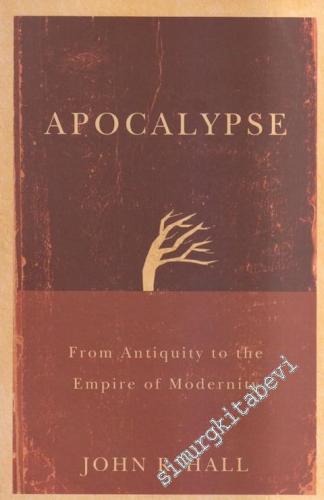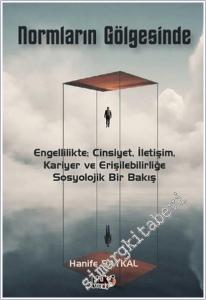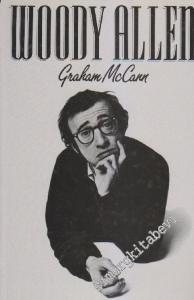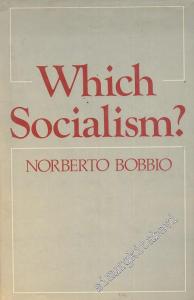
"In this brilliantly conceived study, Hall not only presents a fascinating array of images about the end of time from antiquity to the present, but also forces us to rethink the role of apocalyptic thinking in the human imagination. This mind-bending study shows us that there is an apocalyptic strand to modernity and history, and will affect our own way of thinking about the global future." Mark Juergensmeyer, University of California, Santa Barbara"This is a necessary book. Theoretically sophisticated, historically erudite, Hall explains the contemporary crisis in a new way. Conflicts between the religious and the secular have given way to confrontations between sacred and profane. Apocalypse has entered fully into modern history, and it may be here to stay." Jeffrey C. Alexander, Yale University"The apocalyptic imagination, the idea that historical time could come to an end is indeed a fascinating one. Moreover, as we learn from John R. Hall's impressive study, this idea itself has a history which he traces across the centuries from Ancient Babylonia to contemporary America and Islamic radicalism. The book represents a highly illuminating analysis of the reality and power of social imaginations of time and the end of times." Martin Riesebrodt, University of Chicago"Anyone who has ever wondered 'What on earth is the world coming to?' should read Apocalypse. Few will fail to learn much from this masterly tour de force as John Hall takes us on a sometimes astonishing, occasionally chilling, and always gripping journey through history, explaining how alternative visions of time can herald alternative versions of The End." Eileen Barker, London School of Economics
"In this brilliantly conceived study, Hall not only presents a fascinating array of images about the end of time from antiquity to the present, but also forces us to rethink the role of apocalyptic thinking in the human imagination. This mind-bending study shows us that there is an apocalyptic strand to modernity and history, and will affect our own way of thinking about the global future." Mark Juergensmeyer, University of California, Santa Barbara"This is a necessary book. Theoretically sophisticated, historically erudite, Hall explains the contemporary crisis in a new way. Conflicts between the religious and the secular have given way to confrontations between sacred and profane. Apocalypse has entered fully into modern history, and it may be here to stay." Jeffrey C. Alexander, Yale University"The apocalyptic imagination, the idea that historical time could come to an end is indeed a fascinating one. Moreover, as we learn from John R. Hall's impressive study, this idea itself has a history which he traces across the centuries from Ancient Babylonia to contemporary America and Islamic radicalism. The book represents a highly illuminating analysis of the reality and power of social imaginations of time and the end of times." Martin Riesebrodt, University of Chicago"Anyone who has ever wondered 'What on earth is the world coming to?' should read Apocalypse. Few will fail to learn much from this masterly tour de force as John Hall takes us on a sometimes astonishing, occasionally chilling, and always gripping journey through history, explaining how alternative visions of time can herald alternative versions of The End." Eileen Barker, London School of Economics












